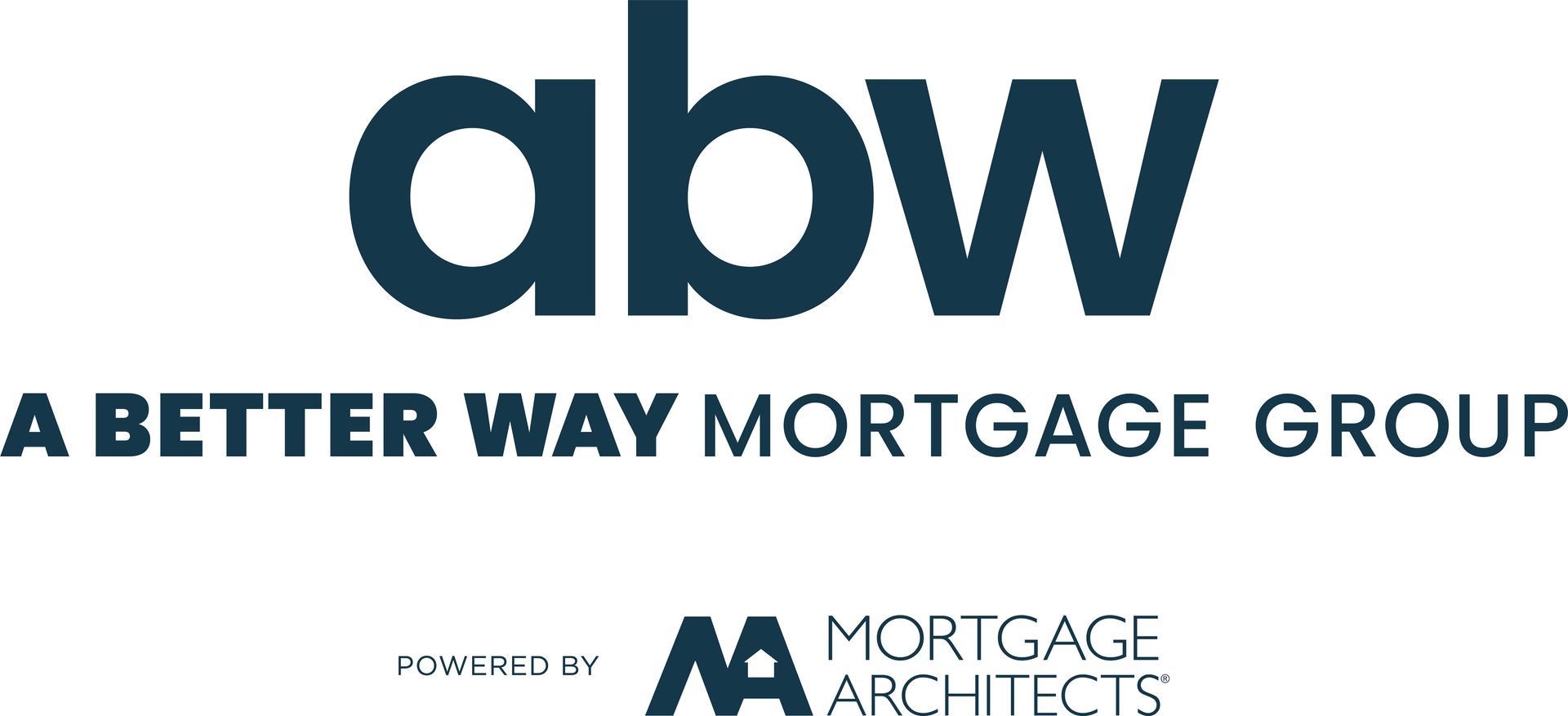Separating And Have A Mortgage? Start Here.
Jen & Cory • March 16, 2021

With the latest stats claiming that about half of marriages end in divorce and with around three-quarters of Canadians being homeowners, it’s important to know how to handle your mortgage if you decide to separate. Here’s a quick list of things to consider.
You need to keep making your payments.
A mortgage is a legally binding contract between you and the lender. It doesn’t take marriage into account. If your name appears on the mortgage, you're responsible for making sure the regular payments are made. A marital breakdown does not give you an excuse not to make your mortgage payments.
If during your marriage, you have relied on your spouse to make the mortgage payments and you aren’t certain payments are being made after separating, it is in your best interest to contact the lender directly to verify your mortgage is being paid. If payments aren't being made, it could affect your credit score or worse, the lender could start foreclosure proceedings.
There is always a financial cost to break your mortgage.
If, in the course of figuring out how to split your finances, you decided to either refinance your mortgage, remove someone from the title, or sell the property, keep in mind that there will be legal costs incurred.
If you’re in the middle of a term, the penalty for breaking your mortgage might be significant, especially if you have a fixed-rate mortgage. It’s certainly worth contacting your mortgage lender directly to verify the cost to break your mortgage. Having that information accessible when writing out your separation agreement will provide increased clarity.
Listing your marital status as separated or divorced.
When completing a mortgage application for securing new mortgage financing, when you list your marital status as separated or divorced, you can expect that a lender will want to see your legal separation agreement or your divorce papers. This is because they will want to ensure you aren’t responsible for any support payments to your former spouse. This can create a sticky situation, especially if you haven’t finalized the paperwork and could delay getting new mortgage financing.
It could be harder to qualify for a new mortgage.
With the separation of assets also comes the separation of incomes. If both of you have been working and you’ve qualified for your existing mortgage on a double income, you might find it hard to maintain the same quality of lifestyle post-separation as you will be reduced to being a single income household.
This is where careful planning comes in. Working closely with your independent mortgage professional will make sure you understand exactly where you stand and if you can qualify to take over the mortgage on the matrimonial home or what other options you might have.
Purchasing the matrimonial home from your ex.
There are special considerations given to people going through a separation to buy out the matrimonial home. Instead of looking at the transaction like a refinance where you can only borrow up to 80% of the property’s value, lenders will consider one spouse buying out the other up to a 95% loan to value ratio. This comes in handy when dividing assets and liabilities.
If you’d like to discuss your mortgage options, please contact us anytime.
Recent Posts

Co-Signing a Mortgage in Canada: Pros, Cons & What to Expect Thinking about co-signing a mortgage? On the surface, it might seem like a simple way to help someone you care about achieve homeownership. But before you sign on the dotted line, it’s important to understand exactly what co-signing means—for them and for you. You’re Fully Responsible When you co-sign, your name is on the mortgage—and that makes you just as responsible as the primary borrower. If payments are missed, the lender won’t only go after them; they’ll come after you too. Missed payments or default can damage your credit score and put your financial health at risk. That’s why trust is key. If you’re going to co-sign, make sure you have a clear picture of the borrower’s ability to manage payments—and consider monitoring the account to protect yourself. You’re Committed Until They Can Stand Alone Co-signing isn’t temporary by default. Even once the initial mortgage term ends, you won’t automatically be removed. The borrower has to re-qualify on their own, and only then can your name be taken off. If they don’t qualify, you stay on the mortgage for another term. Before agreeing, talk openly about expectations: How long might you be on the mortgage? What’s the plan for eventually removing you? Having these conversations upfront prevents surprises later. It Affects Your Own Borrowing Power When lenders calculate your debt service ratios, the co-signed mortgage counts as your debt—even if you never make a payment on it. This could reduce how much you’re able to borrow in the future, whether it’s for your own home, an investment property, or even refinancing. If you see another mortgage in your future, you’ll want to consider how co-signing could limit your options. The Upside: Helping Someone Get Ahead On the positive side, co-signing can be life-changing for the borrower. You could be helping a family member or friend buy their first home, start building equity, or take an important step forward financially. If handled with clear expectations and trust, it can be a meaningful way to support someone you care about. The Bottom Line Co-signing a mortgage comes with both risks and rewards. It’s not a decision to take lightly, but with careful planning, transparency, and professional advice, it can be done responsibly. If you’re considering co-signing—or want to explore safer alternatives—let’s connect. I’d be happy to walk you through what to expect and help you decide if it’s the right move for you.

Bank of Canada maintains policy rate at 2¼%. FOR IMMEDIATE RELEASE Media Relations Ottawa, Ontario January 28, 2026 The Bank of Canada today held its target for the overnight rate at 2.25%, with the Bank Rate at 2.5% and the deposit rate at 2.20%. The outlook for the global and Canadian economies is little changed relative to the projection in the October Monetary Policy Report (MPR). However, the outlook is vulnerable to unpredictable US trade policies and geopolitical risks. Economic growth in the United States continues to outpace expectations and is projected to remain solid, driven by AI-related investment and consumer spending. Tariffs are pushing up US inflation, although their effect is expected to fade gradually later this year. In the euro area, growth has been supported by activity in service sectors and will get additional support from fiscal policy. China’s GDP growth is expected to slow gradually, as weakening domestic demand offsets strength in exports. Overall, the Bank expects global growth to average about 3% over the projection horizon. Global financial conditions have remained accommodative overall. Recent weakness in the US dollar has pushed the Canadian dollar above 72 cents, roughly where it had been since the October MPR. Oil prices have been fluctuating in response to geopolitical events and, going forward, are assumed to be slightly below the levels in the October report. US trade restrictions and uncertainty continue to disrupt growth in Canada. After a strong third quarter, GDP growth in the fourth quarter likely stalled. Exports continue to be buffeted by US tariffs, while domestic demand appears to be picking up. Employment has risen in recent months. Still, the unemployment rate remains elevated at 6.8% and relatively few businesses say they plan to hire more workers. Economic growth is projected to be modest in the near term as population growth slows and Canada adjusts to US protectionism. In the projection, consumer spending holds up and business investment strengthens gradually, with fiscal policy providing some support. The Bank projects growth of 1.1% in 2026 and 1.5% in 2027, broadly in line with the October projection. A key source of uncertainty is the upcoming review of the Canada-US-Mexico Agreement. CPI inflation picked up in December to 2.4%, boosted by base-year effects linked to last winter’s GST/HST holiday. Excluding the effect of changes in taxes, inflation has been slowing since September. The Bank’s preferred measures of core inflation have eased from 3% in October to around 2½% in December. Inflation was 2.1% in 2025 and the Bank expects inflation to stay close to the 2% target over the projection period, with trade-related cost pressures offset by excess supply. Monetary policy is focused on keeping inflation close to the 2% target while helping the economy through this period of structural adjustment. Governing Council judges the current policy rate remains appropriate, conditional on the economy evolving broadly in line with the outlook we published today. However, uncertainty is heightened and we are monitoring risks closely. If the outlook changes, we are prepared to respond. The Bank is committed to ensuring that Canadians continue to have confidence in price stability through this period of global upheaval. Information note The next scheduled date for announcing the overnight rate target is March 18, 2026. The Bank’s next MPR will be released on April 29, 2026. Read the January 28th, 2026 Monetary Report


